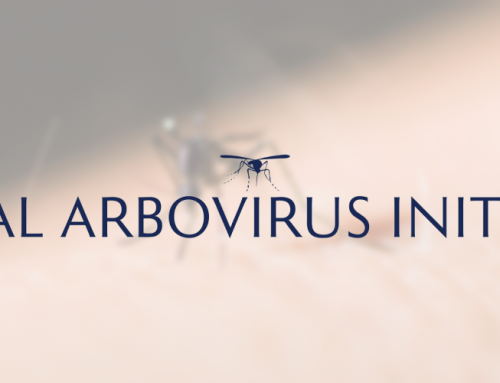Contact recherche :
The asistant profesor will join the “Microbial Ecology” teaching team attached to the Biosciences UFR by participating in and contributing to new courses in microbial ecology, environmental microbiology, microbial ecotoxicology and ecology of stress in microorganisms. The person recruited will take part in the tutorials and practical work of the “Microbial Ecology” course included in three different L3 programmes and will contribute to the implementation of new practical work. The MCU will be strongly involved in the teaching of the Microbiology master’s degree, in particular at the M1 level; he/she will be involved in the modification of the content of the “Microbiology of Natural and Anthropized Environments” course by introducing, for example, the problems of microbial ecotoxicology and microbial responses to environmental stress. He/she should have the skills to introduce Master’s students (from Master of Microbiology and Master of Plant Biology) to the processing and interpretation of biological data as well as to Data Acquisition Techniques through tutorials and practical work within the framework of shared courses within these masters. Moreover, the person recruited will be required to intervene in the Microbiology course with a high number of students at level L2.
Teaching contact:
The candidate will join the “Microbial Dynamics and Viral Transmission” (DMTV) team of the Microbial Ecology Laboratory, whose research activities concern the study of multipartite interactions within mosquito vectors. One of the major issues of this team is to better understand how and at what levels of the pathogen-vector-microbiota interaction, the anthropization of ecosystems and/or environmental disturbances can lead to the emergence and dissemination of mosquito-borne pathogens. The project will aim to develop studies on the interactions between abiotic (xenobiotics) and biotic (microbial communities) factors within larval aquatic habitats. By combining in situ observations and experiments
under controlled conditions, the objectives will be to study the combined impact of these factors on the vectorial competence of mosquitoes and the risk associated with the emergence of vector-borne diseases in urban environments. The candidate should have an excellent background in microbial ecology and a strong knowledge of ecotoxicology in particular. Skills in virology or parasitology will be appreciated.
In addition to the reduced teaching load (150h over the first three years) and financial support offered to newcomers by the University of Lyon 1, the laboratory is strongly involved in structures (FR BioEEnViS, Equipex Infectiotron) that will facilitate the implementation of the scientific project. In addition, the team members are currently coordinating (i) 1 international programme Support Actions for Collaboration with Sub-Saharan Africa (CNRS) (2021-2022) (ii) 3 national programmes, including 2 Environment-Health-Work research projects (ANSES) in the field of vector control (2019-2022 and 2021-2023) and one MITI project (CNRS) (2022-2023).
It is strongly advised to get in touch with the DMTV team leaders and with the “teaching contacts” if an application is envisaged, in order to be able to build a quality research and teaching project.
Research contact:
Claire Valiente Moro (Associate Professor, DMTV team leader), claire.valiente-moro@univ-lyon1.fr
Guillaume Minard (Associate Professor, DMTV team leader), guillaume.minard@univ-lyon1.fr




